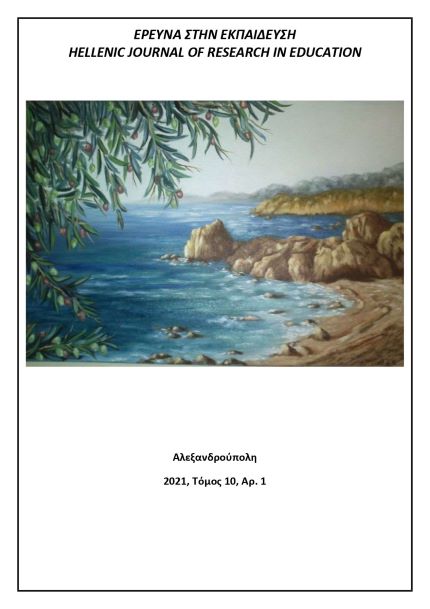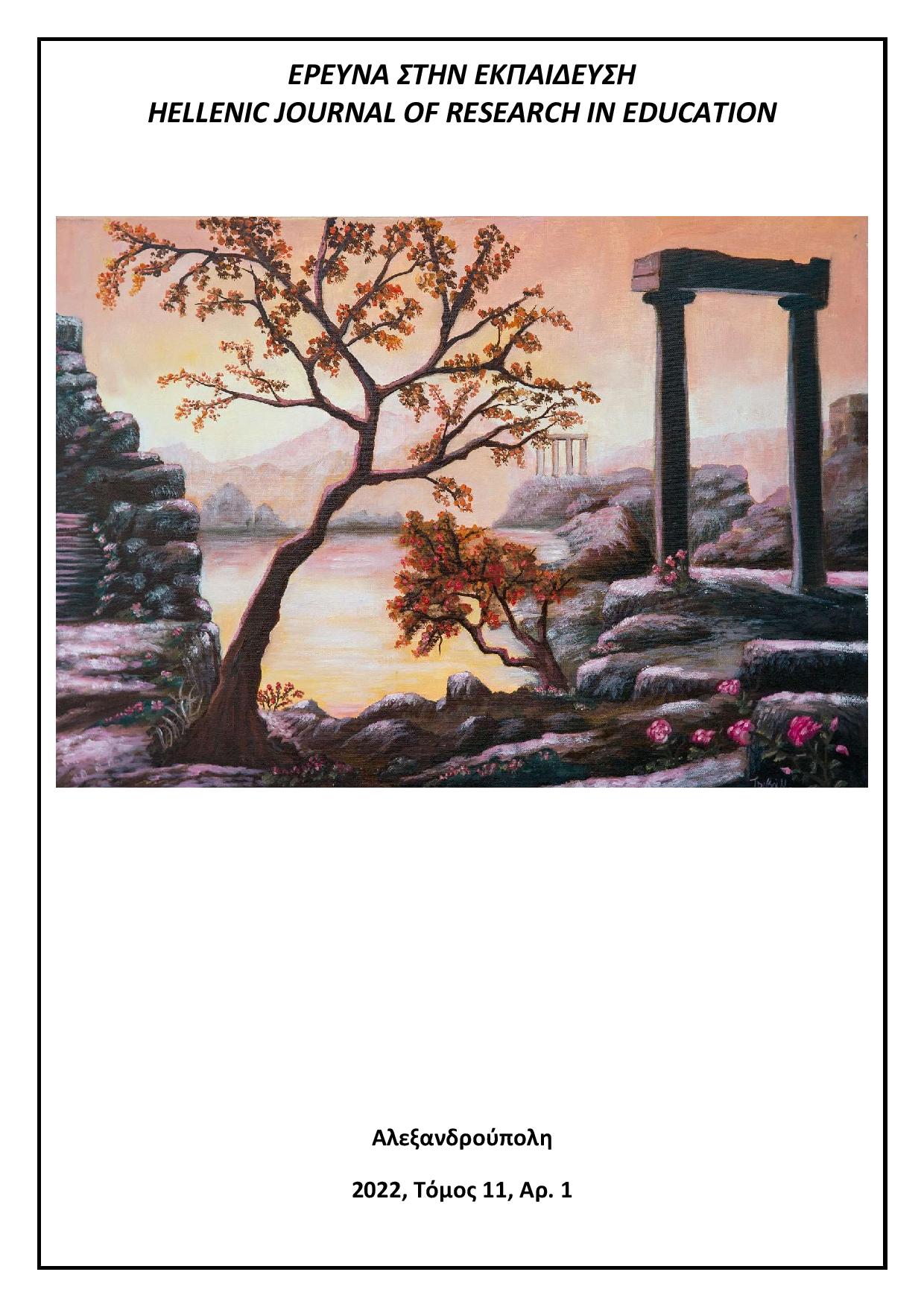Αναιρώντας τη Μαθητική Διαρροή: Μία εμπειρική συγκριτική ανάλυση του πληθυσμού των ενήλικων εκπαιδευόμενων στους νομούς της Περιφέρειας Κρήτης

Περίληψη
Σκοπός της παρούσας εργασίας είναι η συγκριτική ανάλυση του φαινομένου της Μαθητικής Διαρροής μεταξύ των Νομών της Περιφέρειας Κρήτης. Αποτελεί μία εμπειρική συγκριτική ανάλυση ανάμεσα σε ενήλικους εκπαιδευόμενους, οι οποίοι ως ανήλικοι είχαν εγκαταλείψει πρόωρα την εκπαίδευση και πλέον φοιτούν σε Σχολεία Δεύτερης Ευκαιρίας (ΣΔΕ). Συγκεκριμένα εξετάζονται τα αίτια της Μαθητικής Διαρροής κατά τη διάρκεια της υποχρεωτικής εκπαίδευσης, καθώς και συγκρίνονται οι πληθυσμοί των εκπαιδευόμενων στις δομές εκπαίδευσης ενηλίκων των Νομών της περιφέρειας. Το μοντέλο της έρευνας επιβεβαιώθηκε κατά την Επιβεβαιωτική Παραγοντική Ανάλυση με την προτεινόμενη κατηγοριοποίηση των αιτιών της Μαθητικής Διαρροής σε οικονομικούς, κοινωνικούς, ατομικούς και εκπαιδευτικούς παράγοντες. Τα αποτελέσματα της έρευνας έδειξαν ότι όσον αφορά τα αίτια της πρόωρης εγκατάλειψης του σχολείου παρουσιάζονται διαφοροποιήσεις ανάμεσα στους Νομούς της ίδιας Περιφέρειας. Επιπλέον, όσον αφορά τη σύγκριση των πληθυσμών των εκπαιδευόμενων των δομών εκπαίδευσης δεύτερης ευκαιρίας των Νομών η μελέτη καταλήγει ότι ο πληθυσμός των ενήλικων εκπαιδευόμενων που επιστρέφουν στην εκπαίδευση αποτελούν μία ετερογενή πληθυσμιακή ομάδα, καθώς εμφανίζονται στατιστικά σημαντικές διαφορές κυρίως όσον αφορά το φύλο, τη χώρα προέλευσης και την εργασιακή κατάσταση μετά την εγκατάλειψη του σχολείου.
Λεπτομέρειες άρθρου
- Πώς να δημιουργήσετε Αναφορές
-
Μπιτσάκος Ν. (2021). Αναιρώντας τη Μαθητική Διαρροή: Μία εμπειρική συγκριτική ανάλυση του πληθυσμού των ενήλικων εκπαιδευόμενων στους νομούς της Περιφέρειας Κρήτης. Έρευνα στην Εκπαίδευση, 10(1), 40–51. https://doi.org/10.12681/hjre.25673
- Τεύχος
- Τόμ. 10 Αρ. 1 (2021)
- Ενότητα
- Άρθρα

Αυτή η εργασία είναι αδειοδοτημένη υπό το CC Αναφορά Δημιουργού – Μη Εμπορική Χρήση – Παρόμοια Διανομή 4.0.
Τα πνευματικά δικαιώματα των άρθρων του περιοδικού ανήκουν στους συγγραφείς. Τα άρθρα διατίθενται με άδειες Creative Commons CC-BC-SA 4.0



